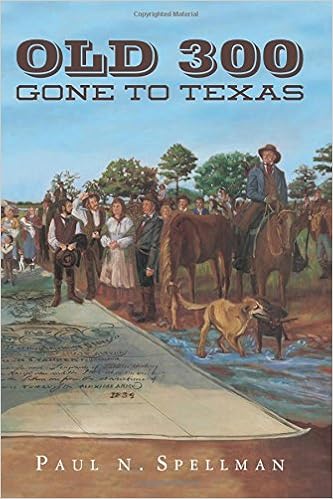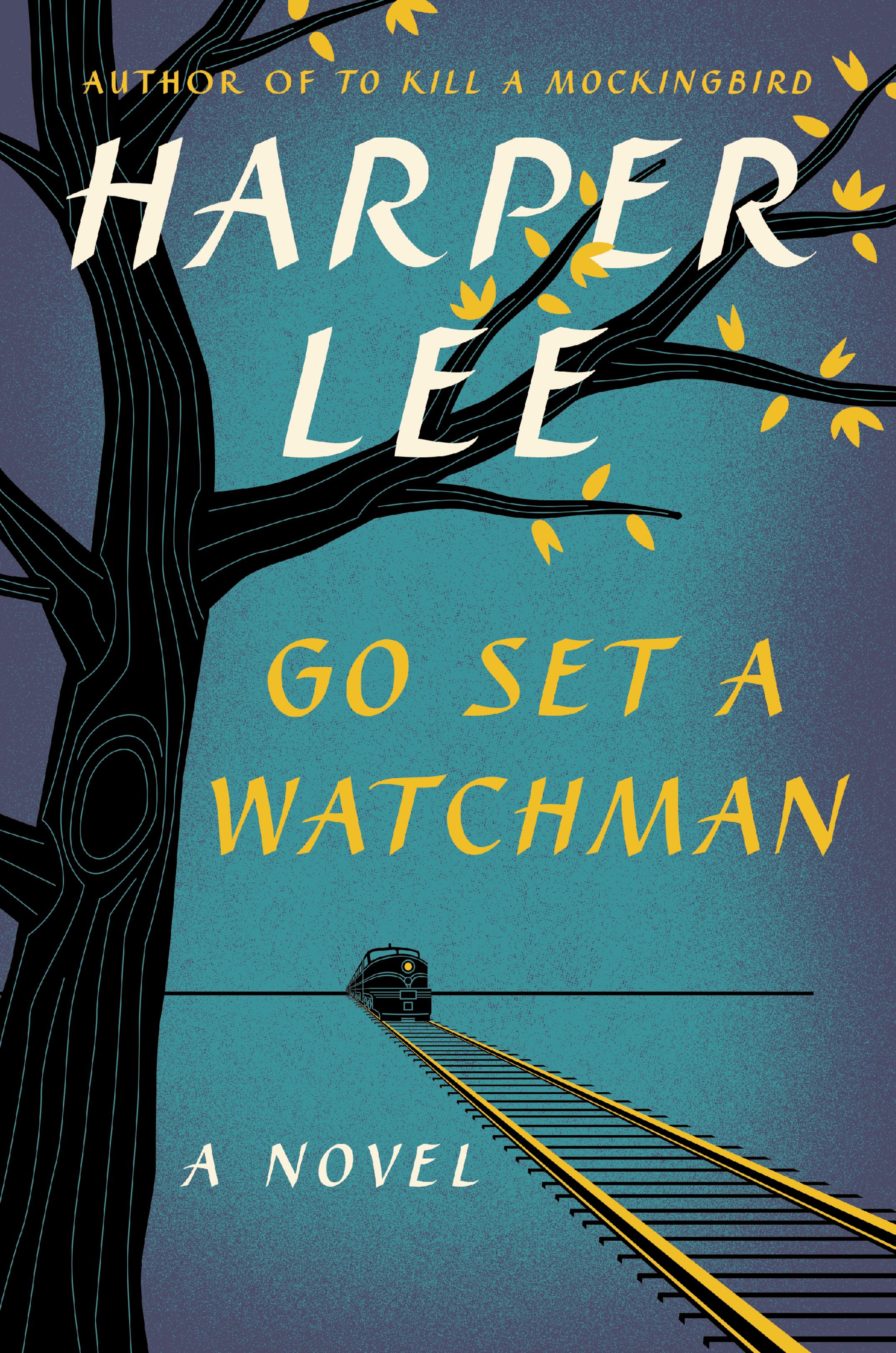Monday, February 22, 2016
#SundayReads 2016-02-21 Tears and Watchmen
Sunday, February 14, 2016
#SundayReads 14-Feb-2016
As Lent begins, I have resolved to listen to an audio version of the New Testament, according to a 40-day plan. There is an on-line audio Bible site, bible.is, and I was able to use the FOSS audio editor audacity to paste together the thirty minutes or so of audio for each day, deleting the chapter labels. Finally did my first listen today, so it may be a challenge!
My big read this week was Michael Lewis's expose of the Salomon Brothers meltdown in the mid 1980s, Liar's Poker. I was intrigued after my readings on risk two weeks ago. Here is an Art History major who became incredibly sucessful as a bond salesman, but bailed out before the company imploded. His depiction of the personalities involved and their motivations seem as unlikely as the fictional account by Tom Wolfe, Bonfire of the Vanities.
I was intrigued by Lewis's Epilogue:
"When you sit, as I did, at the center of what has been possibly the most absurd money game ever and benefit all out of proportion to your value to society..."introducing his decision to quit that job, freeing him to write about it. Once again, the theme was the weirdness that happens when you can't find the person on the other side of a trade or a market. I've also been plowing through a MOOC by Scott Page, of the University of Michigan, on coursera, about Model Thinking. This will be great preparation for my Data Mining class this fall, although the amount of stuff he crams into each ten minute clip is truly exhausting in tempo. An interesting reading that came out of that one was Dr. Feynman's essay "The Value of Science" in his book "The Pleasure of Finding Things Out" which is available here on page 141. This famous physics prof from CalTech argues that the skepticism of the rational scientist is an attitude that was only affirmed in the relatively recent future, but represents an attitude that is a pre-requisite to a functioning democracy. Earlier forms of governance just don't allow dissent, since those in charge are certain they know how to run society. He claims that the skeptical attitude of science is very related to the development of the "Age of Reason," and he for one doesn't want to go back:
"Even then it was clear to socially minded people that the openness of the possibilities was an opportunity, and that doubt and discussion were essential to progress into the unknown. If we want to solve a problem that we have never solved before, we must leave the door to the unknown ajar."
On to Alabama next week, planning to carry a tome called "Tears on the Sand" by a reconstructive surgeon in Houston who had just visited Osama bin Laden hours before the US military engineered his assasination.
Monday, February 08, 2016
#SundayReads 7-Feb-2016

Old 300: Gone to Texas, by Paul N Spellman, 2014, self-published, ISBN: 1497470587
My father-in-law took me along to the yearly meeting of the San Jacinto Historical Society, here in Houston, TX. The author delivered an entertaining talk about his research into the 300 families who were granted properties under the Empresario Samuel F. Austin during the years 1822-1826. Dr. Spellman has been teaching Texas history for a generation, to fourth and seventh grade classes, to university students, and most recently at Wharton County Junior College in Richmond, TX, and felt that it was time to document three issues:
- Who were these people?
- Why did they come to Texas?
- Where did they come from, and how did they get here?
Professor Spellman was able to lay hands on the original land records in the Texas Land Office in Austin, and then tracked back through census records to conclude that there was at least one family with a connection to each of the 24 United States at the time, and some from Ireland and Canada. He also discovered that not all the 300 were huge, poor families, although there were many who fit that bill. While Austin tried his best to keep out bandits, and had confronted five escaped convicts, throwing out two, not all the folks were necessarily upstanding characters. There were a handful of women who arrived as widows when husbands died on the perilous journeys to the Brazos and Colorado River basins. It seemed that the land route through Nacogdoches and the "Piney Woods" was easier than the skiff journeys over the sand bars of the Gulf of Mexico from New Orleans.
The book also used the word "filibuster" in a sense I had never encountered, meaning "a person engaging in unauthorized warfare against a foreign country." There had been some earlier attempts by citizens of the USA to invade Mexico and settle the northern portions, but Moses Austin had proposed to settle Anglo farmers who were willing to live under the Mexican catholic administration on tax-free plots to encourage the development of the area. Of course, this settlement approach ended up not lasting very long. In fact, the original grant was made by a government which was overthrown before he could mobilize his settlers, and his son Steven had to travel to Mexico City to renew the deal with the new administration, taking him nearly a year (during which he learned Spanish!).
You will find some of these 300 names, like Fulshear, Dickinson, Austin, Bastrop, Kerrville and Stafford across Texas today. The Texas Rangers date from these early years, and the importation of slaves also dates from this time.
The book was a long read, but carefully drawn. His original draft had been nearly 600 pages, so the 400+ represented quite an abbreviation. Dr. Spellman also quotes a few pages from other histories to give a taste for the challenges experienced by various families. I was particularly interested in his quotes from various, conflicting accounts of the first deaths recorded amongst these 300 families in attacks by the local Native Americans (p 194-196). This explains why history can be somewhat difficult to pin down.







